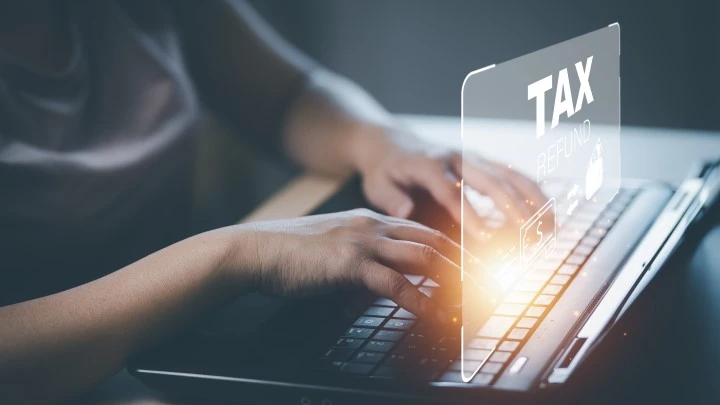Heard of Making Tax Digital? Or ‘MTD’ as it’s known?
Basically, MTD is the government’s plan to move towards a fully digital tax system which they believe ‘will make it easier for individuals and businesses to get their tax right, and keep on top of their affairs’.
But it involves a lot more than just filing your self-assessment tax return online instead of manually.
A big part of MTD is the requirement to keep a digital record of your accounts. When it’s fully in force, you’ll need to use a trusted third-party accounting software to submit your tax return.
Back in 2017, it was confirmed that MTD would be rolled out from April 2019 in phases. With the next phase having just arrived (April 2022), we thought you’d benefit from a quick breakdown of what it is and why it matters.
Who is affected by Making Tax Digital?
MTD will affect millions of taxpayers and most businesses, along with the self-employed, sole traders and people working via a limited company.
When will MTD happen?
The first phase landed in April 2019, another in April 2022, with the others set to be rolled out in the next few years.
Making Tax Digital for VAT
MTD for VAT was phase one.
It meant VAT-registered businesses with a taxable turnover over £85,000 (the VAT threshold) need to keep digital records of their accounts and use selected software to submit their VAT returns.
Up until April 2022, businesses with a turnover under the VAT threshold could use MTD if they fancied. Now it’s mandatory.
Making Tax Digital for Income Tax (MTD ITSA)
From April 2024, MTD will apply to the self-employed and landlords with annual income over £10,000. So if this applies to you, you will need to start keeping digital records and then filing your accounts and self-assessment returnss electronically.
If you’re a partner in a business, you’ll need to follow the MTD rules from April 2025.
The government hasn’t set a date when limited liability partnerships (LLPs) and partnerships with corporate partners will need to follow the MTD rules just yet – we’ll update you as and when this is announced.
Making Tax Digital for Corporation Tax
After MTD for Income Tax, Corporation Tax is thought to be the next phase. It’s not been confirmed yet, but the government will let businesses take part in a pilot of MTD for Corporation Tax, which they said won’t land until April 2026.
Making Tax Digital software
MTD means that eventually all taxpayers will be expected to use third-party software to submit their tax returns.
The software needs to be compatible with HMRC’s technology. The likes of FreeAgent, and Sage all integrate. HMRC have provided a full list of compatible software.
Does MTD impact CIS workers?
In due course, MTD will apply to anyone who completes a self-assessment. So Construction Industry Scheme (CIS) workers will also need to pay close attention to what’s going on.
If you’re VAT registered you’ll need to make sure you follow the MTD rules when filing quarterly VAT returns. For those not VAT registered, you’ve got until April 2024 as part of the roll-out of MTD for ITSA.
A quick recap
In a nutshell, the government is in the process of making its tax system completely paperless. And even if MTD doesn’t affect you just yet, for CIS workers looking to futureproof their business, there’s no harm in being prepared.
Want to make the most out of your tax rebate? Give us a call on 0208 570 1750, or request a call back.










